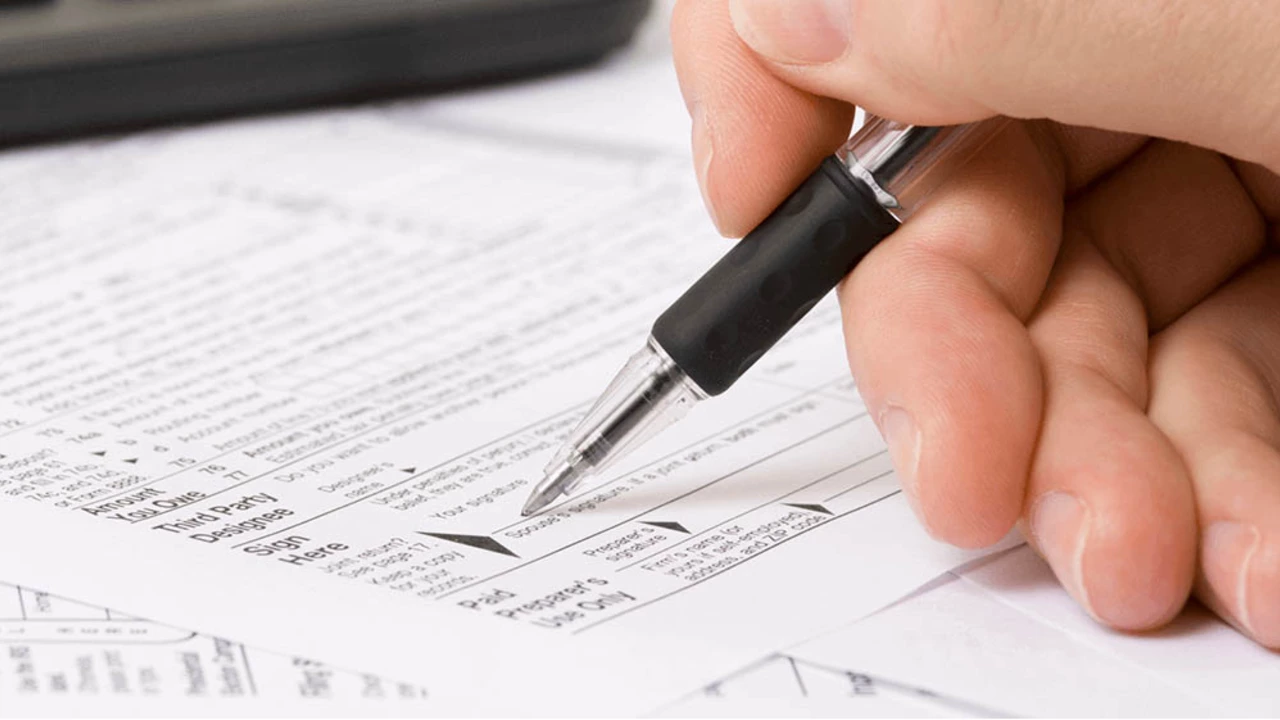Understanding Your Small Business Tax Obligation
Ever found yourself wondering, "When do I have to pay taxes for my small business?" Well, Caspian is here, your fellow small business aficionado, spilling the beans on the whole tax ordeal moments. To many, tax may be as complex as staring at a calculus problem, but it isn't that tough once you get the hang of it; just like riding a bike, only without the fresh air and wind in your hair, unless, of course, you're doing your tax paperwork on a mountaintop.
Don't fret if that sounds like a scene from your worst nightmare, I'd provide you with the light at the end of the tunnel, juiced up with a dash of humor and fun. But remember, every small business's tax obligation is as unique as their owner's taste in coffee. Cream and sugar, anyone?
A Dive into Fiscal Period
You see, Uncle Sam is quite like that relative who visits once a year, expecting a share of your hard-earned money. So, your first step is to decide your fiscal year because that's when he'll pay his annual visit. If you think a fiscal year is just another calendar year, bingo! You've hit the bullseye! By default, your fiscal year is considered the same as the calendar year – beginning on January 1st and ending on December 31st. But for some, the fiscal year may diverge from the calendar one.
Taking a page out of my entrepreneurial journey here, when I decided to launch my luxury designer socks business (yes, you read that right!), my fiscal year ran from April 1st to March 31st. Why you may ask? Not because I am a big fan of April Fool's, but because that's how the sock industry's sales cycle worked. Yup, even for socks, there's a sales cycle. Talk about being complexly fascinating!
Estimated Taxes: Pay As You Earn and Stay in the Clear
Now, let's talk about 'estimated taxes'. As a small business owner, you're subject to the 'pay-as-you-go' system. Meaning, you make quarterly payments throughout the fiscal year. It's like having a coffee subscription; you don't pay for the whole year's coffee upfront, but in monthly sips, uh... I mean, slips!
Just because I'm a man of numbers and an undefeated champion of humor, here's a funny tidbit – even the IRS realizes that the 'estimated taxes' is quite the misnomer because it's anything but a wild shot in the dark. It's mostly calculated based on your income, deductions, credits, and other parameters from the previous fiscal year. If it was really 'estimated', we'd all be pulling numbers out of a hat, wouldn't we? So, you can say the IRS is in some sort of an identity crisis with this terminology, given it is so literal yet so not!
Year-End Tax Filing: Wrapping It All Up
Alright, moving on to the grand finale or as we in the business world call it - the year-end filing season. Around January or February, after your fiscal year ends, you start receiving various forms, statements, and reports − let's just call them the tax season's showstoppers! They help you figure out your income, deductions, credits, and such, essentially acting like breadcrumbs leading you up the tax filing path.
Now, here's a Caspian special advice, folks! Just like you wouldn't leave all your Christmas shopping for Christmas Eve, don't leave your tax preparations for the last minute. Setup a system to track all your incomes, expenses, deductions, etc., throughout the year. It might seem like a tall task, but trust me, it's much easier than frantically sifting through receipts and paperwork on the eve of the tax filing deadline. By the way, those chest pains you feel are called tax-crastination!
On a more relatable note, rushing through your tax filing is the financial equivalent of gulping down a piping hot coffee; both can lead to a burn. It can lead to overlooked deductions or credits, potentially stirring up the ugly pot of audit possibilities. Speaking of audits, I remember the time when a typo in my tax return almost caused me an audit. I ended up eating Apple Pies for solace for a week straight. My advice for the day? Dot your 'i's, cross your 't's and say no to audit-induced Apple Pies!
Dealing with Overlooked Payments and Tax Penalties
Any guess what's the only thing worse than paying taxes? Paying tax penalties along with it! So, what do you do when you've overlooked a quarterly payment or two? Well, contrary to popular belief, the IRS isn't out to punch you in the stomach. They do offer the option to make it right.
They have the 'Annualized Income Installment Method' where your missed tax payments can be recalculated based on your yearly income. And voila, your penalty decreases or even disappears. Just like that love-handle you've been working on at the gym!
We are all humans, prone to making errors. This one time, I was so immersed in a major design breakthrough for my funky socks, I completely forgot about my quarterly payments due date. Thankfully, the IRS's Annualized Income Installment Method came to the rescue and turned out to be the shock absorber that softened the tax penalty blow!
So, there you have it. A comprehensive, yet amusing guide on 'When do I have to pay taxes for my small business?' Yes, taxes can be taxing, but they don't always have to be. With a clear understanding and a pinch of humor, you can cruise through the taxscape like a pro! Here's wishing you a smooth and penalty-free tax journey!




Write a comment